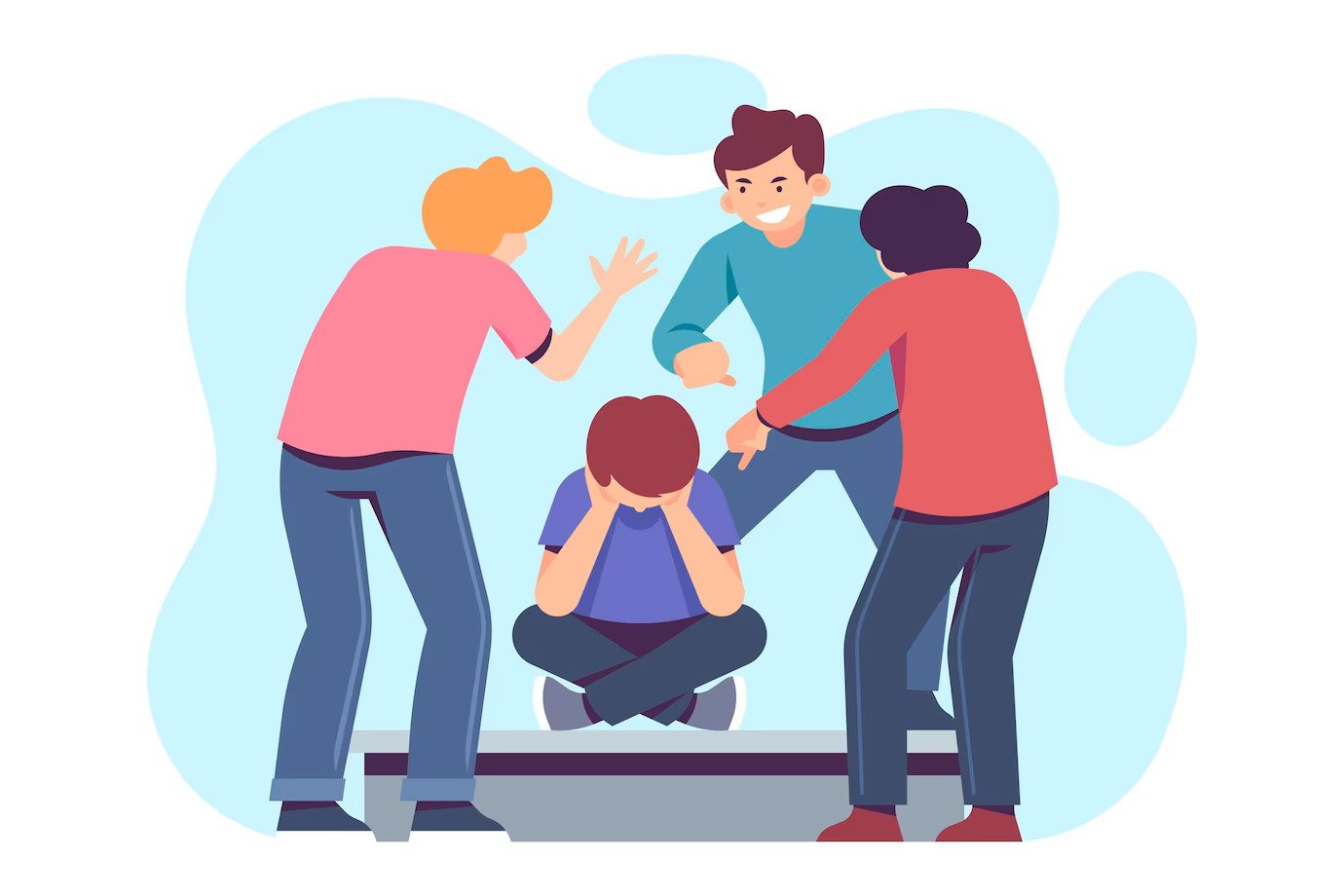Emotional abuse is a form of psychological abuse that can have a lasting impact on a person’s mental health and well-being. Unlike physical abuse, emotional abuse may be difficult to recognize as it doesn’t leave visible scars or bruises. However, the effects of emotional abuse can be just as damaging as physical abuse. In this article, we’ll explore the warning signs of emotional abuse and what you can do if you or someone you know is experiencing emotional abuse.
What is Emotional Abuse?
Emotional abuse is a pattern of behavior that aims to control, manipulate, or degrade another person’s emotions and feelings. Many forms of emotional abuse include:
- Constant criticism or belittling
- Humiliation or embarrassment in public or private
- Name-calling or insults
- Threats or intimidation
- Gaslighting or denying reality
- Isolation or control of social activities
- Withholding affection or love
- Blaming or shaming for problems or mistakes
- Using guilt or manipulation to control behavior
- Emotional abuse can happen in any relationship, including romantic relationships, friendships, and parent-child relationships.
Warning Signs of Emotional Abuse
Constant Criticism
Emotional abusers may constantly criticize their partner, friend, or family member. This criticism may be about anything, from their appearance to their intelligence, and is designed to make the victim feel inadequate or worthless.
Withholding Affection or Love
They may use their love and affection as a weapon, giving it and taking it away to manipulate the victim.
Gaslighting
Gaslighting is a form of emotional abuse in which the abuser denies the reality of the victim. They may tell the victim that their experiences, feelings, or memories are not valid, making the victim doubt themselves and their perceptions of reality.
Blaming and Shaming
Emotional abusers may blame and shame their partner for problems in the relationship or in their life. They may make the victim feel responsible for everything that goes wrong, even when it’s not their fault.
Isolation
Emotional abusers may isolate their partner from friends and family as a way of controlling their behavior. They may discourage or prevent the victim from spending time with people who care about them, leaving the victim feeling alone and helpless.
Threats and Intimidation
They may threaten to harm the victim, their loved ones, or their property if the victim doesn’t do what they want.
Name-calling and Insults
Emotional abusers may use name-calling and insults to degrade their partner and make them feel worthless. They may call the victim names, use derogatory terms, or insult their intelligence or abilities.
What to Do If You or Someone You Know is Experiencing Emotional Abuse
If you or someone you know is experiencing emotional abuse, it’s important to take action.
Recognize the Signs
The first step in addressing emotional abuse is recognizing the signs. By being aware of the warning signs, you can better identify when emotional abuse is happening and take steps to address it.
Reach Out for Support
If you’re experiencing emotional abuse, reach out to a trusted friend, family member, or mental health professional for support. They can help you develop a plan to address the abuse and provide emotional support during the process.
Set Boundaries
Setting boundaries with the emotional abuser can help to protect your emotional well-being.
Seek Professional Help
If you or someone you know is experiencing emotional abuse, it may be helpful to seek the guidance of a mental health professional. A therapist or counselor can help you work through the emotional effects of abuse, develop coping strategies, and create a plan to address the abuse.
Develop a Safety Plan
Creating a safety plan could be important if the emotional abuse is getting worse or you feel unsafe. This may include creating a code word or phrase to signal for help, identifying safe places to go, and establishing a support network of trusted friends and family.
Consider Legal Action
In some cases, it may be necessary to consider legal action to protect yourself from emotional abuse. This may include seeking a restraining order, filing for divorce or separation, or pursuing criminal charges if the abuse includes threats or physical violence.
Conclusion
Emotional abuse is a serious issue that can have long-lasting effects on a person’s mental health and well-being. It’s important to recognize the warning signs of emotional abuse and take steps to address it if you or someone you know is experiencing it. By seeking support, setting boundaries, and taking action to protect yourself, you can break the cycle of emotional abuse and begin to heal from the effects of this harmful behavior.
Talktoangel is a platform that may connect you with the top online specialists and “Clinical psychologists near me” if you’re seeking for “Relationship counsellor.”
